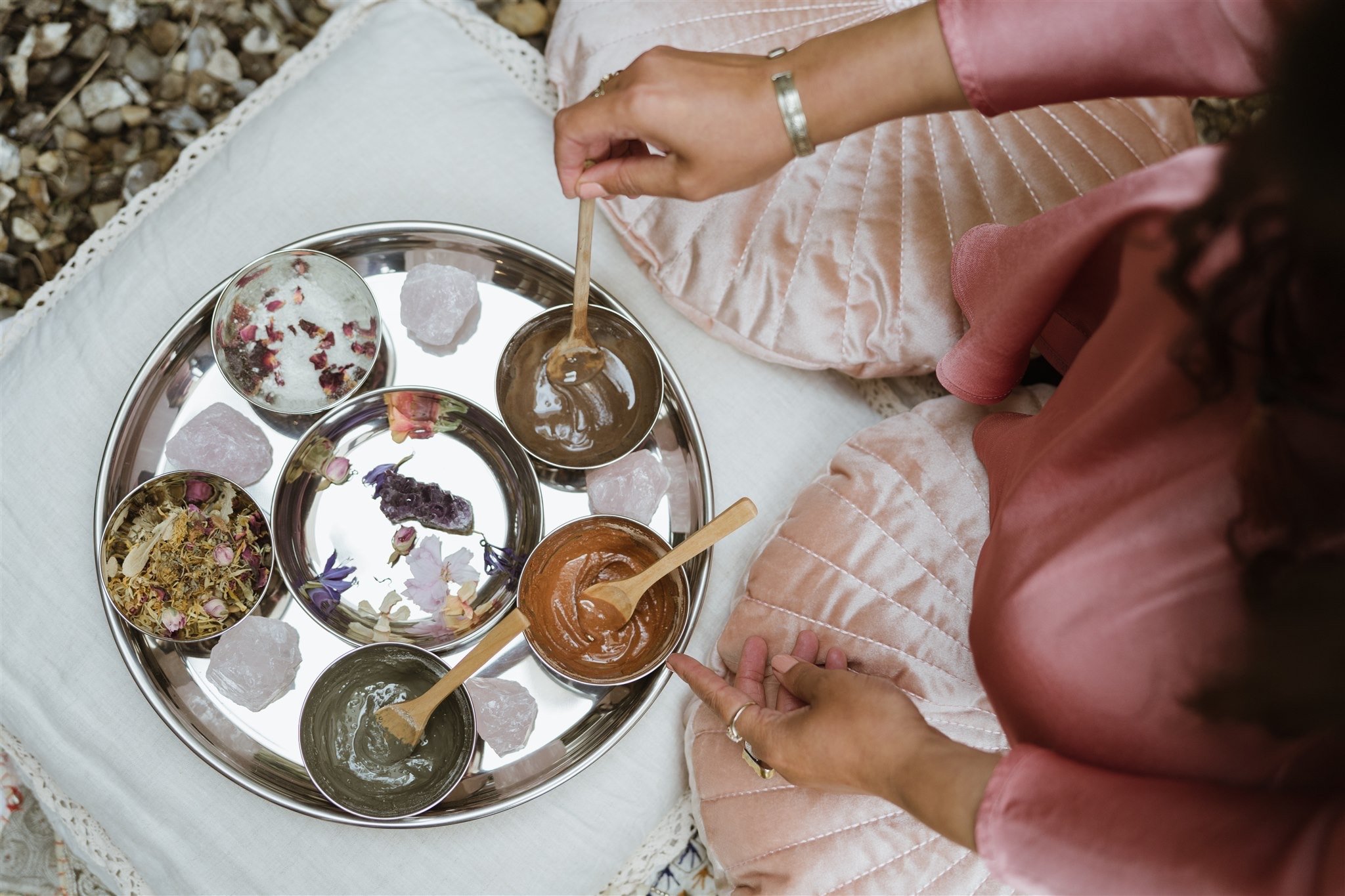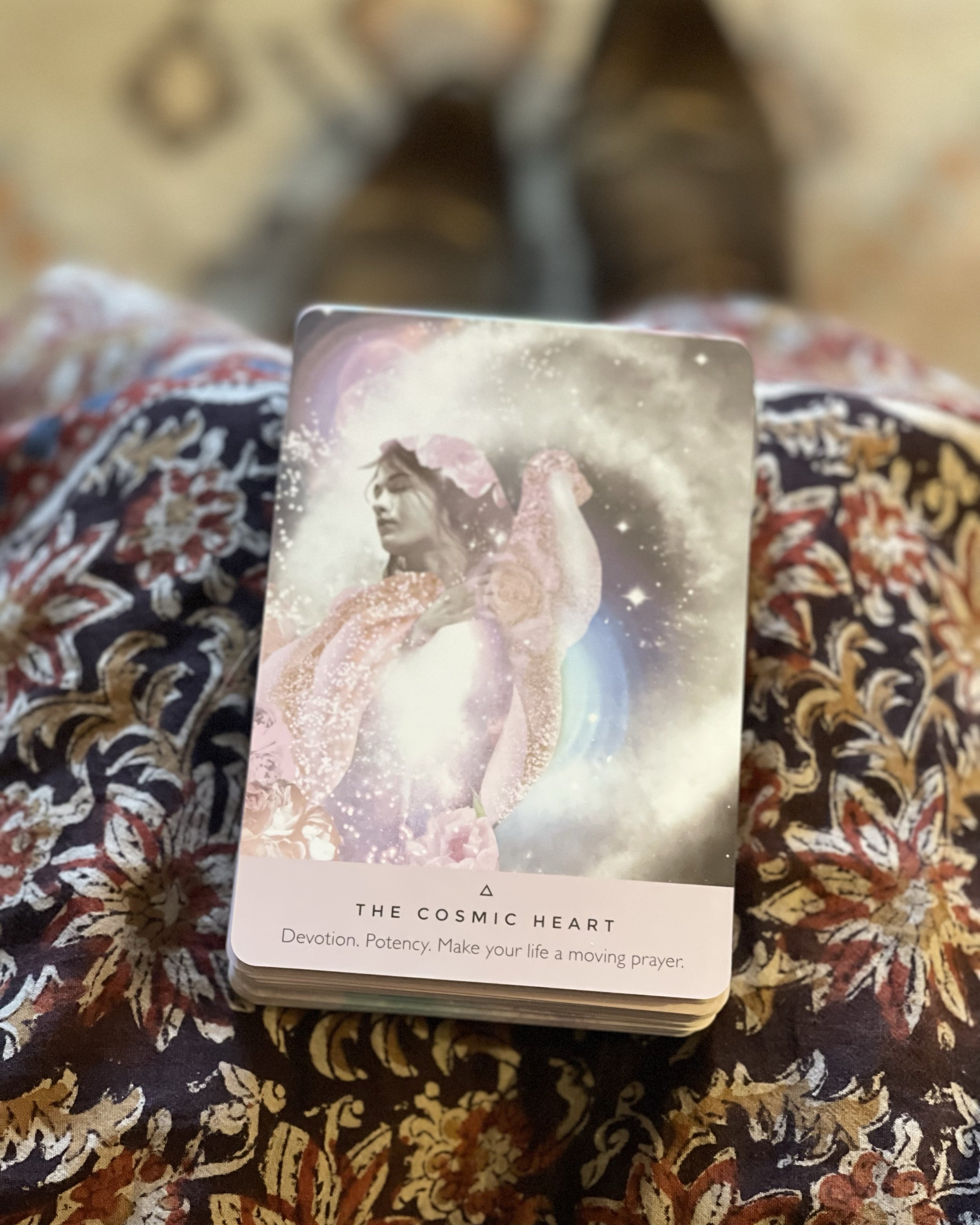The Allure of Rose Essential Oil: A Fragrant Elixir of Beauty and Wellness
Aroma Description:
Rose essential oil has a floral, rich, warm, and feminine aroma, making it a popular choice for perfumes and aromatherapy.
Therapeutic Actions:
Antibacterial: Rose oil may have antibacterial properties, which can help with minor skin infections or wounds.
Antidepressant: It is known for its mood-lifting and antidepressant effects.
Antifungal: Rose oil may have antifungal properties to combat fungal skin infections.
Anti-Inflammatory: It may help reduce skin inflammation.
Antiseptic: Rose oil can have antiseptic properties, useful for wound care.
Aphrodisiac: Known for its romantic and aphrodisiac qualities.
Astringent: It can help tighten and tone the skin.
Nervine: Rose oil may have a calming effect on the nerves.
Neurotonic: Can potentially support the nervous system.
Relaxant and Sedative: Known for its calming and relaxation-inducing properties.
Vulnerary: Helpful for wound healing.
Skin Benefits:
Useful for broken capillaries, oily skin, mature skin, sensitive skin, aging skin, and can be used preventatively for wrinkles.
Astringent properties help tighten and tone the skin.
Good for general skincare and may aid in healing wounds.
Helpful for skin blotches and conditions like rosacea.
Emotional Effects:
Helpful for emotions related to depression, shock, anxiety, grief, anger, frustration, and heartbreak.
Can be used for balancing mood swings and addressing challenges in behavior.
Known for its potential in addressing issues related to fear of physical contact, frigidity, and trust-related concerns.
May promote creativity and forgiveness.
Blends Well With:
Rose oil blends well with Cypress, vanilla, sandalwood, sweet orange, cardamom, fennel, grapefruit, neroli, ylang-ylang, coriander seed, bergamot, ginger, palmarosa, mint, and thyme. These combinations can create unique scents and enhance the therapeutic properties of the essential oil.
When it comes to essential oils, few are as enchanting and revered as rose essential oil. Known for its delicate aroma, lush appearance, and a multitude of therapeutic benefits, rose essential oil is a true gem in the world of aromatherapy. This exquisite oil is derived from the petals of the Rosa damascena or Rosa centifolia, two species of roses with a long history of beauty and fragrance. In this blog post, we'll delve into the world of rose essential oil, exploring its origins, properties, and various uses in aromatherapy and beyond.
A Fragrant History
Roses have been cherished for centuries, not only for their beauty but also for their therapeutic properties. The use of roses in cosmetics, perfumery, and medicine can be traced back to ancient civilizations, including the Greeks, Romans, and Persians. They considered the rose a symbol of love, beauty, and purity.
The process of obtaining rose essential oil is a delicate and time-consuming one. It involves steam distillation or solvent extraction of the flower petals, and it takes a significant amount of rose blossoms to produce a small amount of oil. This labor-intensive process contributes to the preciousness and value of rose essential oil.
The Scent of Roses
One of the primary reasons rose essential oil is so beloved is its enchanting scent. The oil has a sweet, floral, and rich aroma that is often described as both uplifting and comforting. Its soothing scent can help reduce stress and anxiety, making it a popular choice for aromatherapy and relaxation.
The fragrance of rose essential oil can also promote a sense of sensuality and romance, making it a favored choice for couples seeking to kindle their passions. Many perfumers incorporate this luxurious oil into their creations, enhancing the overall olfactory experience.
Therapeutic Benefits
Beyond its captivating fragrance, rose essential oil offers a wide range of therapeutic benefits. Here are some of its notable properties:
Skin Care: Rose essential oil is renowned for its skin-nourishing properties. It can help soothe and moisturize dry, irritated skin, reduce the appearance of scars and fine lines, and promote a healthy complexion.
Emotional Well-Being: The aroma of rose essential oil has a calming and mood-enhancing effect. It can reduce stress, anxiety, and depressive feelings, providing emotional support during times of difficulty.
Hormonal Balance: Rose oil is known to be beneficial for women's health. It may help alleviate symptoms of PMS and menopause, such as mood swings and hormonal imbalances.
Aphrodisiac: Its sensuous scent has earned rose oil a reputation as an aphrodisiac. It can be used to create a romantic atmosphere and enhance intimacy.
Pain Relief: Rose essential oil has mild analgesic properties and can be used topically for pain relief, particularly for headaches and muscle aches.
Respiratory Health: Inhaling the aroma of rose oil can provide relief from respiratory issues such as coughs and congestion.
How to Use Rose Essential Oil
There are several ways to incorporate rose essential oil into your daily routine:
Aromatherapy: Diffuse a few drops of rose oil in an essential oil diffuser to fill your space with its delightful fragrance.
Topical Application: Mix a few drops of rose oil with a carrier oil like jojoba or coconut oil and apply it to your skin for a soothing and moisturizing effect.
Bath: Add a few drops of rose essential oil to your bathwater for a luxurious and relaxing experience.
Massage: Dilute the oil and use it for a soothing massage, either alone or as part of a massage oil blend.
Perfume: Create a natural perfume by blending rose essential oil with other essential oils and a carrier oil.
Cautions and Considerations
As with any essential oil, it's important to use rose essential oil with caution. Here are a few considerations:
Dilution: Always dilute rose essential oil with a carrier oil before applying it to your skin.
Allergies: Some individuals may be allergic to rose essential oil. Perform a patch test before widespread use.
Pregnancy and Nursing: Pregnant or nursing individuals should consult with a healthcare professional before using rose essential oil.
Quality Matters: Ensure you purchase high-quality, pure rose essential oil from reputable sources to experience its full benefits.
In Conclusion
Rose essential oil is a fragrant elixir that has captured the hearts of many due to its intoxicating scent and numerous therapeutic properties. Whether you're looking to improve your skin, alleviate stress, enhance romance, or simply surround yourself with the enchanting fragrance of roses, this essential oil has something to offer. By incorporating rose essential oil into your life, you can experience the soothing, balancing, and uplifting benefits that have been cherished for centuries.
Some of the images used in this content have been sourced from Pinterest for illustrative purposes. Due to the nature of Pinterest and the widespread sharing of images, it may not always be possible to provide proper attribution or credit to the original creators of these images. All images have been selected from our saved boards and can be viewed at your leisure.


























